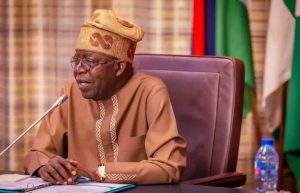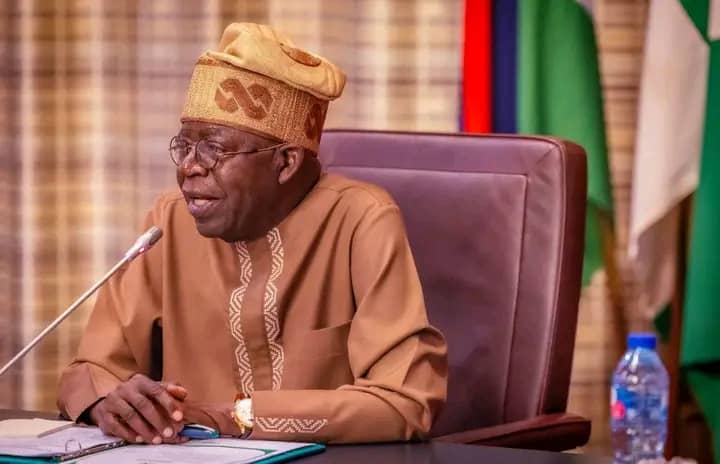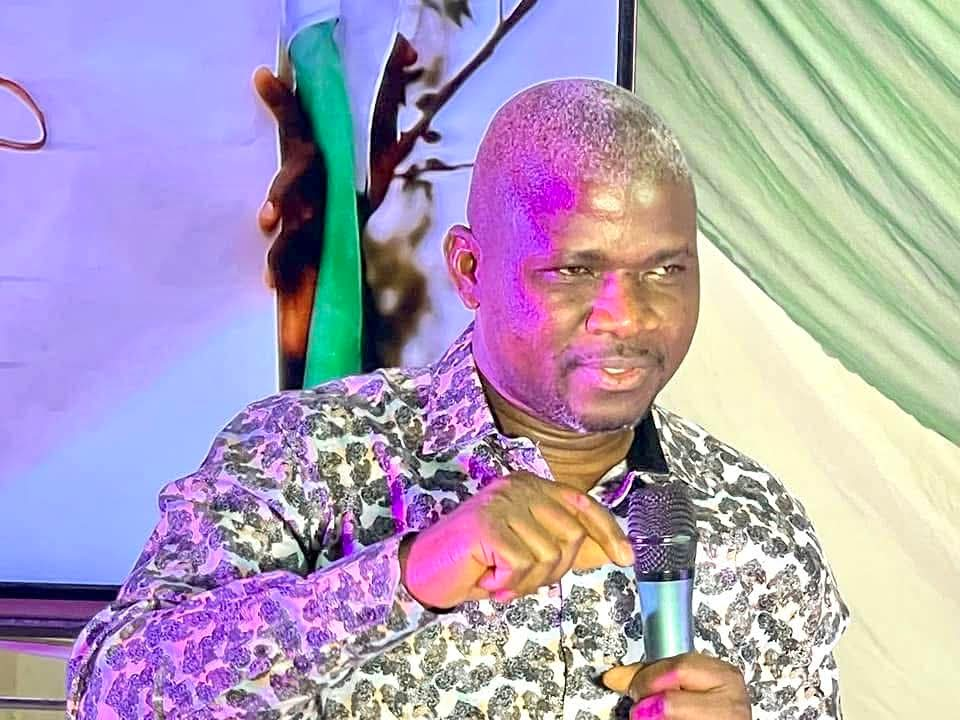Placing Nigerian’s Two Major Economic Reforms
By Elempe Dele
In 2023, after the presidential election, two reforms were unexpectedly deployed, which saw the citizens reeling in some measure of economic pains basically as inflation rose to 28.9% in December of that same year.
The government implemented two major macroeconomic reforms to address fiscal imbalances. The reforms were the removal of fuel subsidies: This ended long-standing subsidies on premium motor spirit (PMS), which had been costing the government(over four trillion) annually and distorting the energy market. The second reform was the foreign exchange (FX) liberalization: The Central Bank unified multiple exchange rates, shifted to a market-determined naira rate.
Political stakeholders like Mr. Peter Obi, Alhaji Atiku Abubakar, Mallam El-Rufai, Rotimi Amaechi had different views on these reforms. While Obi said in January 2023 that if elected president subsidy will go “immediately,” in 2024, he returned that he would have kept subsidies for a little while, and do it gradually, Atiku, on the other hand, said the currency would have been guided quietly, not the total float that we saw. Mallam Nasir felt the reforms were too much at once, while Amachi felt it would have been wiser to delay both reforms.
However, none of these stakeholders gave examples of nations that succeeded in removing their nations from financial disasters and bankruptcy using their economic models.
In recent times, three countries can be used to force the story why Nigeria couldnt have delayed any further in exerting these painful but necessary economic reforms. Bulgaria, Greece and Argentina easily come to mind. When Bulgaria was transiting from communism in 1990, they were skeptical of what painful reforms like those in Nigeria will cause the citizens. So they adopted the other alternative as proposed by Obi; gradualism – keep some subsidies in place while remove them gradually.
The result of that politics was catastrophic. The unsustainable subsidies drained whatever was left in their treasury, inflation still rose astronomically(about 1000%) and the currency collapsed. In fact, pensions became worthless, shops were empty, and the reforms they feared later came on them with harsher cold.
On the other hand, between 2009 and 2018 Greece faced severe sovereign debt crisis(Greece was unable to meet its financial obligations, leading to a loss of investor confidence and potentially triggering a severe economic downturn. This caused borrowing costs to skyrocket, a sharp contraction in credit availability, and a decline in the country’s currency value)
One of the major reasons why Greece found itself in that situation then was excessive government spending, deficits, and a buildup of both public and private debt – Exactly where Nigeria was heading towards before the reforms brought us back from the brink of collapse or we would have needed financial bailout.
Although Argentina has a long history of economic crisis, one of the major reason for its recent fall that needed bailout from the United States of America, USA, was persistent overspending on public wages, subsidies and social transfers such as social safety nets which were designed to help those vulnerable people in the country to mitigate against extreme poverty.
So with the two reforms that this administration has enacted without blinking, the country so far seems to be stable (as enunciated by Ngozi Okonjo-Iweala, the DG, WTO) The Central Bank has returned to conventional methods used to manage the economy, primarily focusing on controlling the money supply and interest rates.
It has cleared seven billion dollars valid FX backlogs, which was part of our credibility challenges. According to the World Bank, the accumulated subsidy savings will exceed eleven trillion in 2025.
Portfolio inflows in the last quarter of last year was about 5.6 billion dollars, more than the total amount of the previous two years combined. The non-oil tax revenue has also grown due to these reforms since 2023.
We must agree that these reforms comes with inflation, which is one of the major and sharpest pains felt by the citizens. But we must also agree that while disinflation is being experienced in recent times, it is not expected to arrive magically. What should be the focus is if we are moving in the right direction and or if there is credibility of policy.
These are open-ended debates. One thing is certain; no government after this will go back to the unsustainable subsidy policy or fixing our exchange rates.
These illusions must be damned. Rauf Aregbesola’s call for “prioritise the people before the economy” is merely a populist chant, Obi’s “phased removal” is an afterthought after his “I will remove it immediately… I wont all allow it stay a day longer.” What Atiku and Nasir said about “acceptable rate” and “too much at once” will echo in the minds of Bulgarians who experienced that sad history.
Rauf ought to know that the economy is the vein of the people, he cannot seperate them without sounding funny.
The looking-forward advocacy should be how the government and its citizens must continue to hold the line like warriors. We must advocate that subsidy ‘savings’ must be kept transparent while funds are tied to visible projects which the citizens can easily see. We must continue to advocate that the our monetary policy must be kept tight until inflation recedes to acceptable limit.

While the debate is still on, and must be encouraged basically, especially concerning households who today feel the pains of this reforms, we must also be reminded that these unsustainable subsidies were not actually free in the real sense.
There are alternative forgone or opportunity cost associated with subsidies payments. Borrowing will persist, roads cannot be fixed, workers cannot be paid, pensioners will continue to suffer, schools will remain weak and hospitals cannot function properly. We must therefore advocate for redirection of the savings towards these needed services that are critical to nation-building.
The fighting chance from brink of collapse to rebuilding might take decades if sustained especially if we follow the upward and positive impact of these needed reforms.









